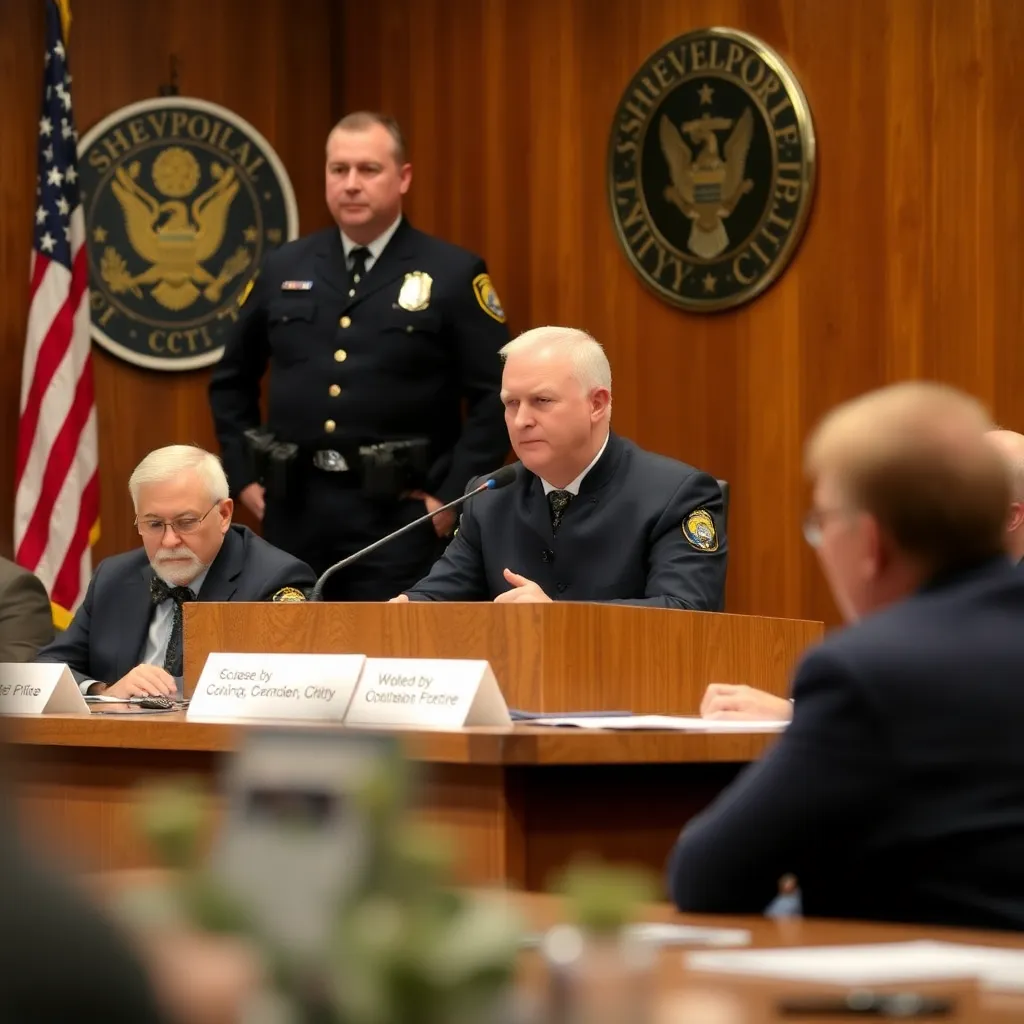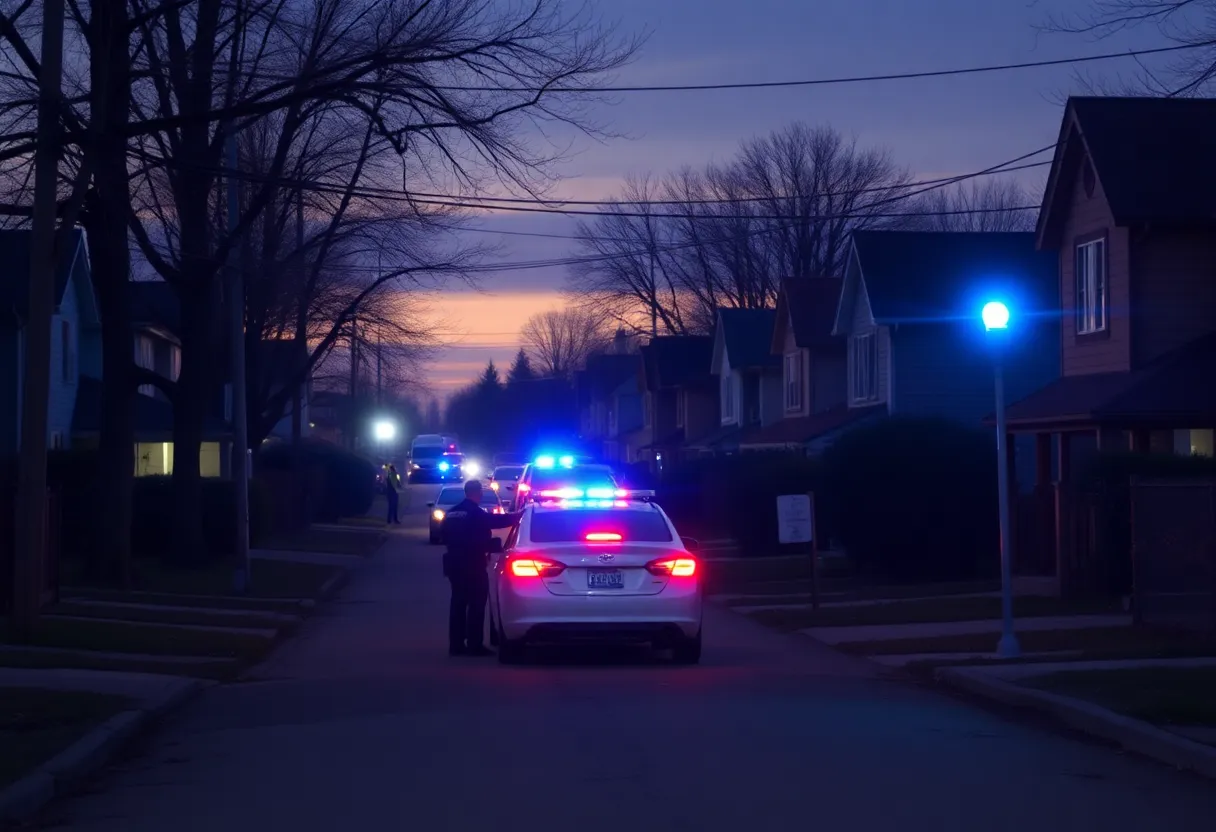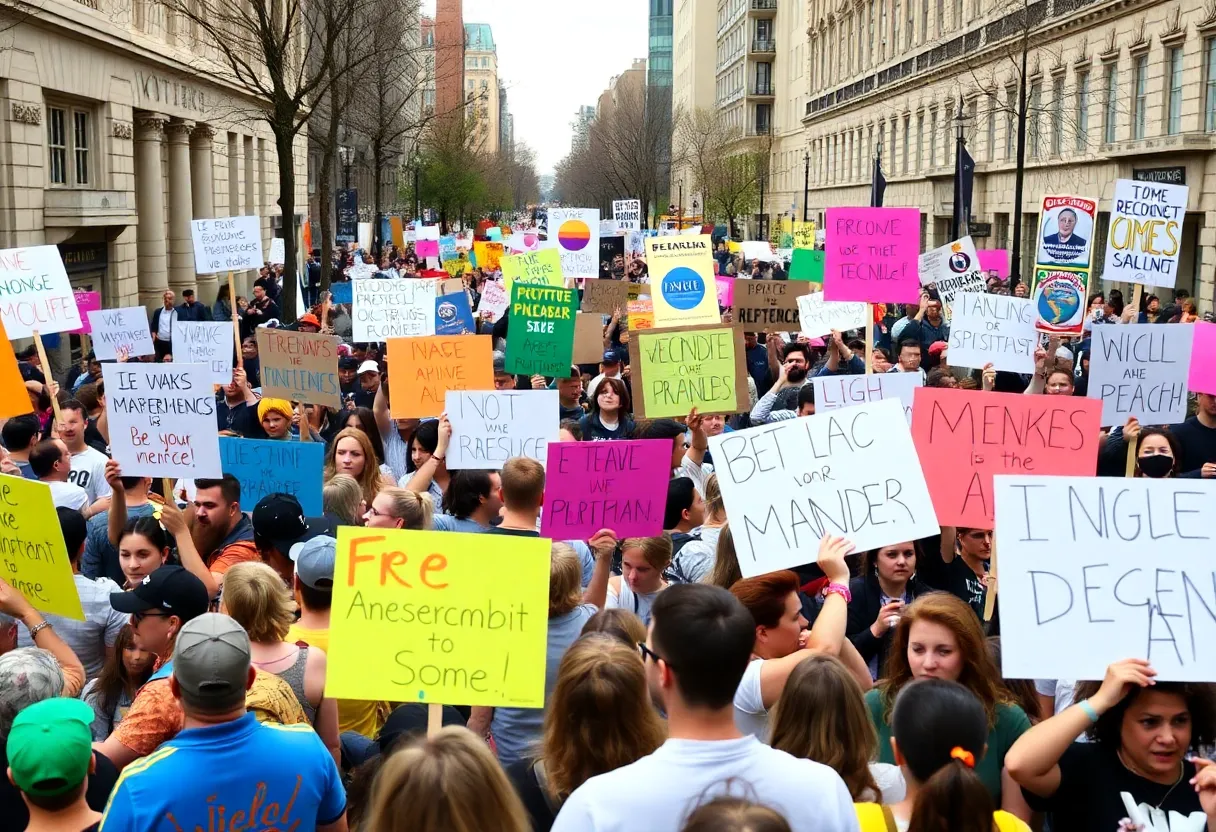Shreveport City Council Tackles Key Issues in Recent Conference Meeting
In Shreveport, an exciting administrative conference meeting took place this week, gathering city council members to strategize for their upcoming regular meeting. It’s a bit like getting the team together before the big game to ensure everyone’s on the same page. The council dove into various topics, one of which had everyone talking—the plans for the new North Market Street police substation.
The Land Dilemma
Here’s the scoop: during a previous public safety meeting, it came to light that the land for the new police station was generously donated to the city with a significant condition attached. The landowners stipulated that it must be used as a police station for a minimum of 25 years. If not, the land could be reclaimed by the original owners. With this challenging stipulation in mind, council members wanted to ensure that the $29 million bond they plan to use to fund the construction wouldn’t be jeopardized if the land had to be returned.
To shed some light on this complex legal situation, they turned to Michael Busada, a public finance and economic development attorney. Busada provided key insights, explaining that there’s a legal safety net known as the “private activity test.” This test allows a portion—about 5%—of the tax-exempt bonds to be allocated for construction benefiting private individuals or entities. Busada indicated that even though the projected cost of the police station was pegged at $2 million, the structure could still be built while keeping that crucial 5% buffer in place.
Risks and Concerns
However, this situation left some council members feeling uneasy about the potential for financial stretches down the road. “As it stands now, you can move forward, it just depends on how comfortable you are with that and knowing it does add certain risks,” Busada noted. Having no flexibility could mean challenges if unexpected costs arise or if future private entities needed funding.
In response to these concerns, Mayor Tom Arceneaux shared that he is actively discussing possible solutions with the landowners to find a way to amend the deed. City Council Chairman Alan Jackson Jr. emphasized that although there might not be penalties for stepping away, the financial resources already invested should be treated with care and consideration.
Group Homes and Sober Living Initiatives
Moving along, another topic that sparked engaging discussions was a proposed ordinance looking to redefine certain group homes as sober living homes. This change aims to create a more inclusive environment for rehabilitation institutions, allowing individuals recovering from addiction to live in a residential setup that feels like a family, even though they may not be related by blood.
Nicole’s law would change how these sober living homes fit into zoning regulations, allowing them to be more widely accepted in residential areas. The homes wouldn’t provide any direct treatment but would enable individuals in recovery to live together under one roof, as a supportive family unit. This living arrangement has received a positive response from homeowners, promoting acceptance and community integration.
Moving Forward Together
As usual, the council’s discussions centered on improving Shreveport’s community resources while being mindful of the existing laws and community concerns. It’s clear that collaboration and open conversation will play essential roles in navigating these issues, especially as they prepare for the challenges that lie ahead.
Residents of Shreveport can look forward to more updates as the council continues its efforts to serve the community with thoughtful planning and decision-making!







